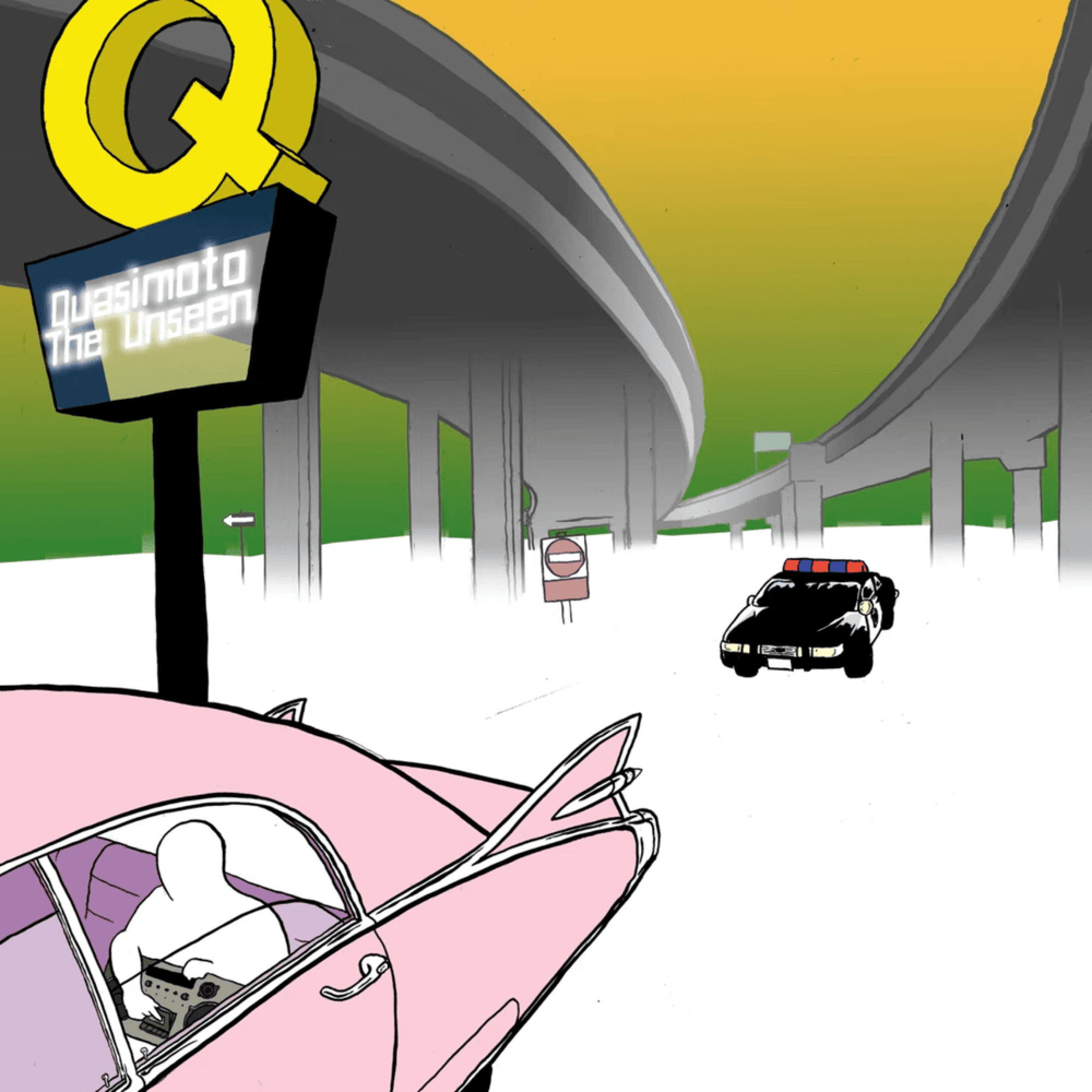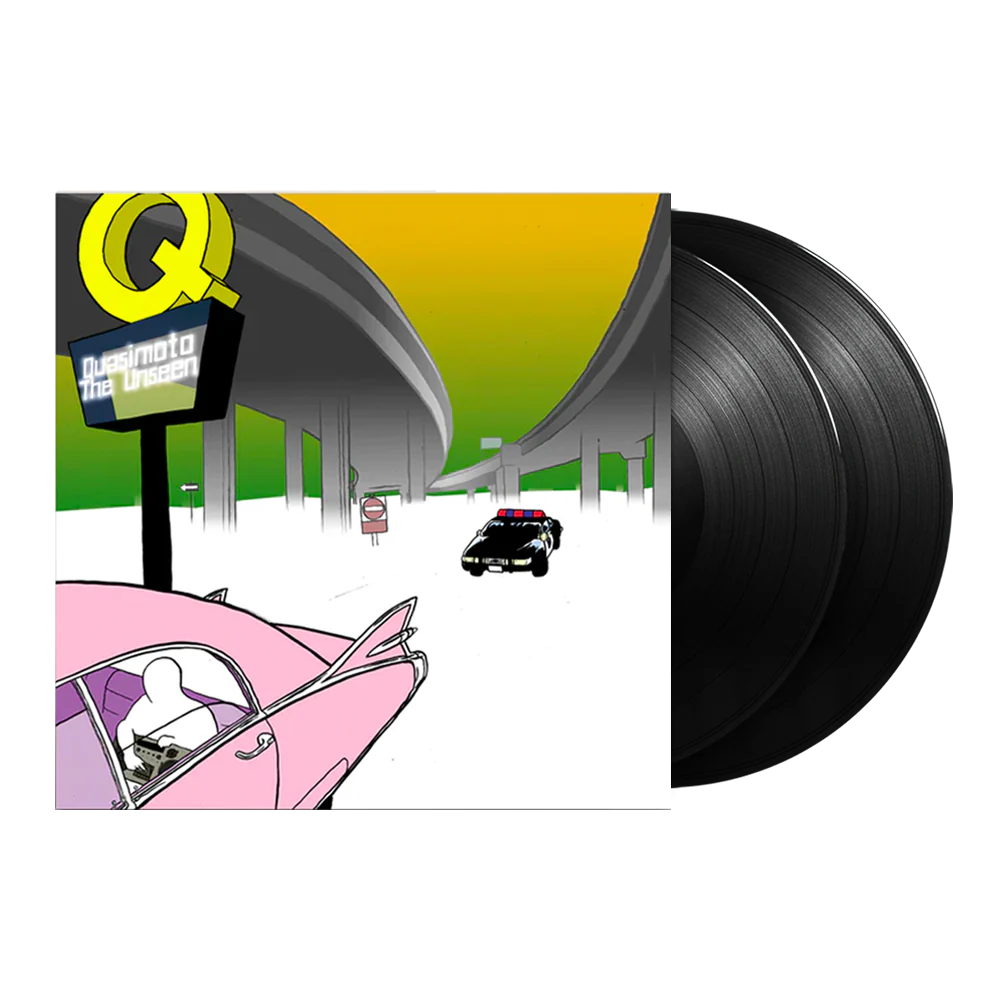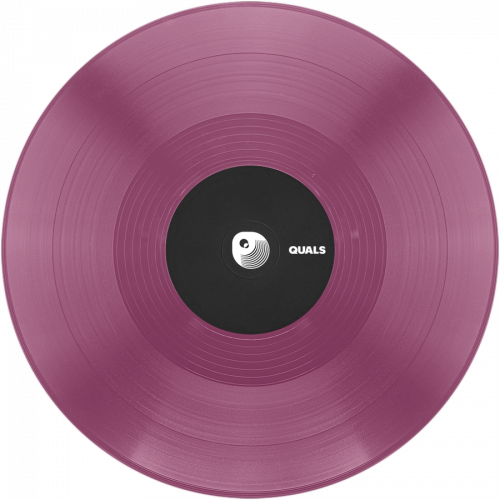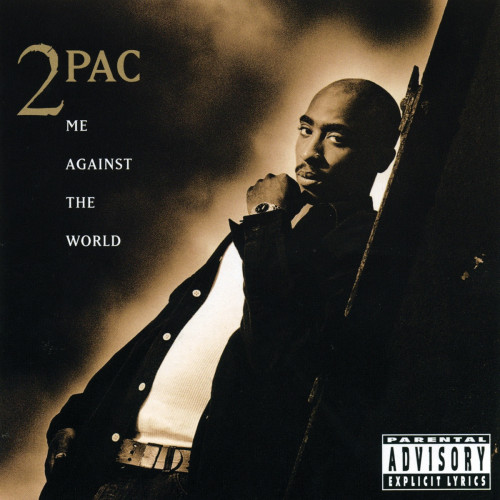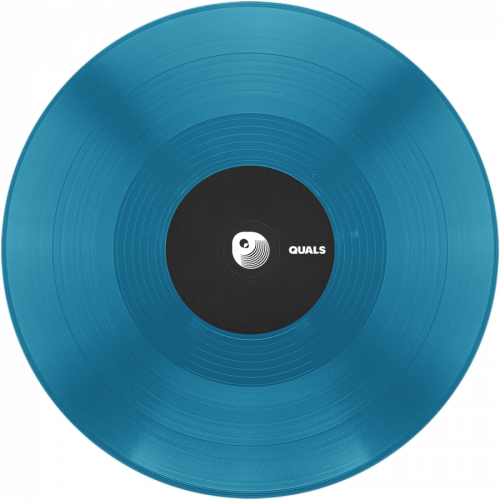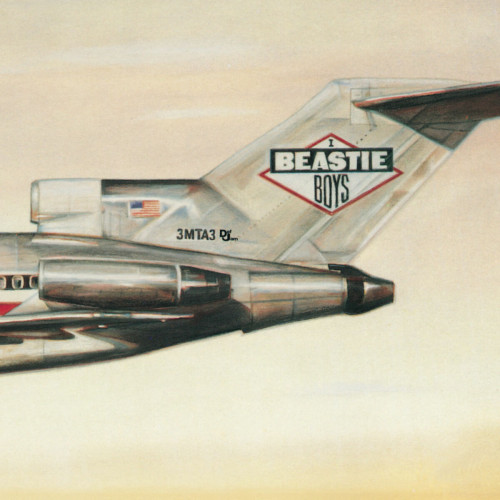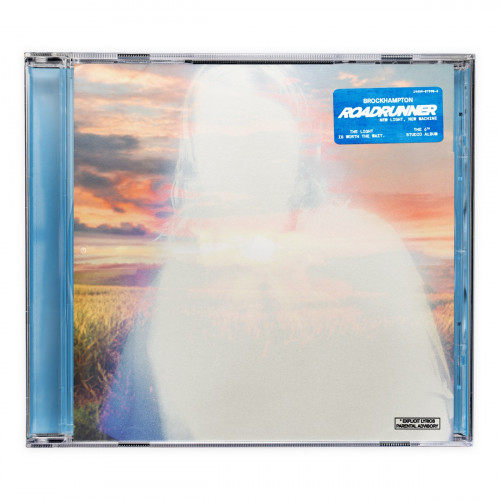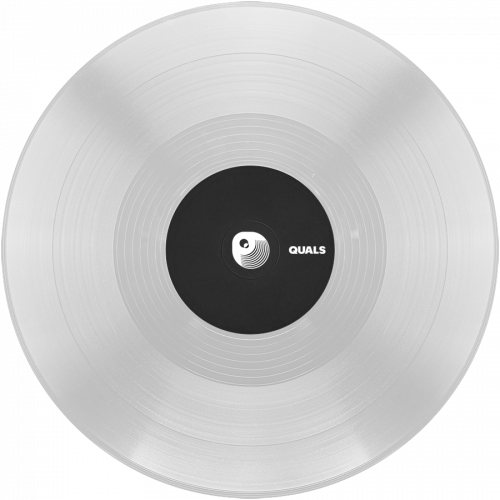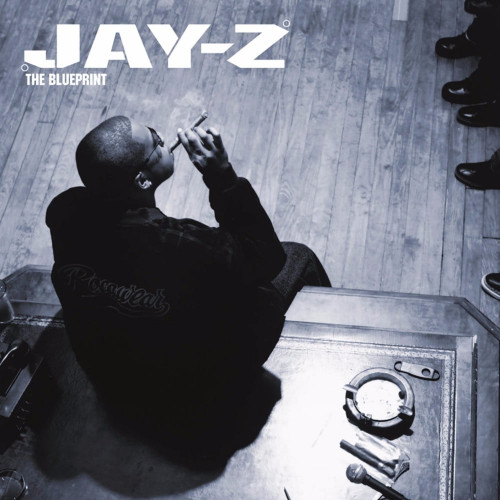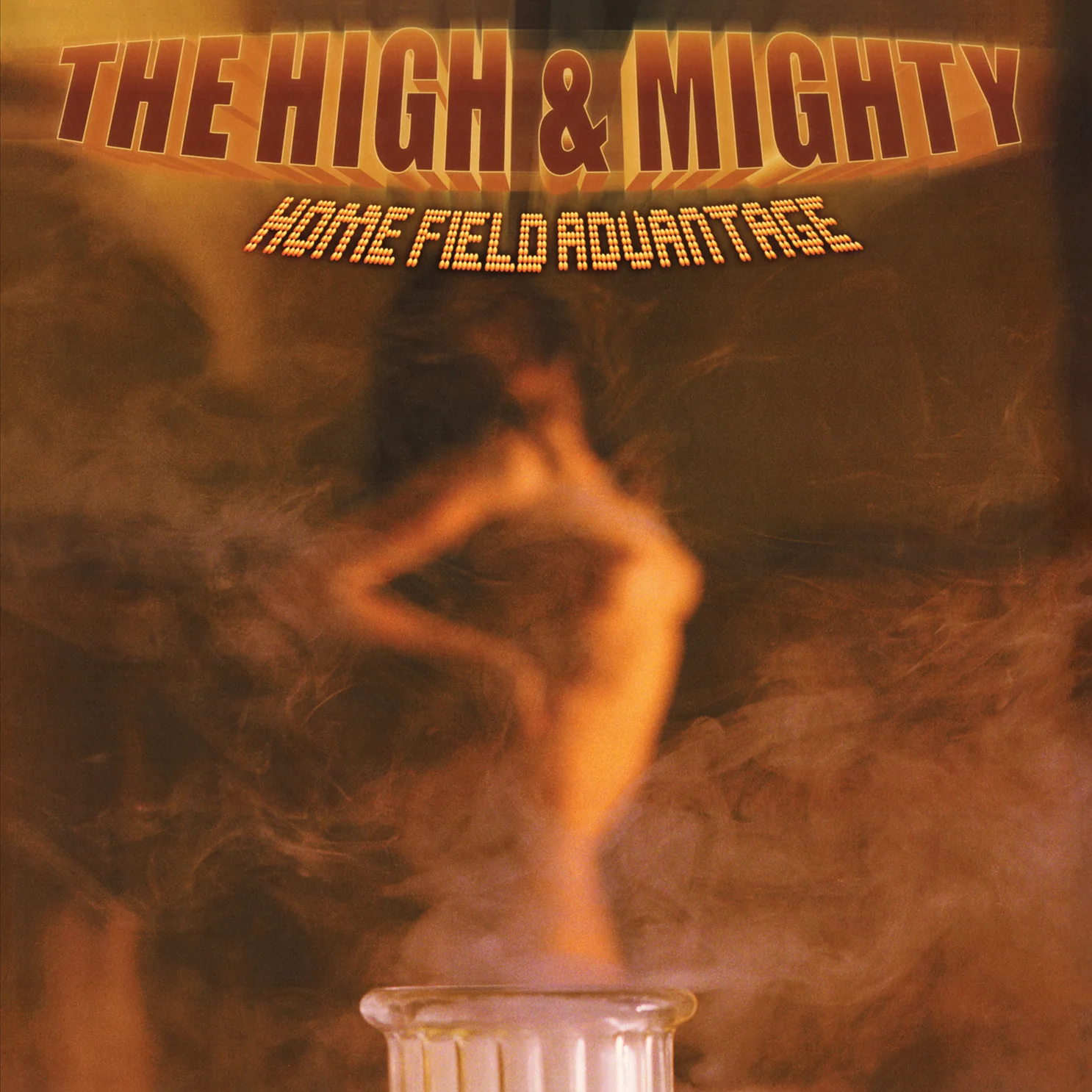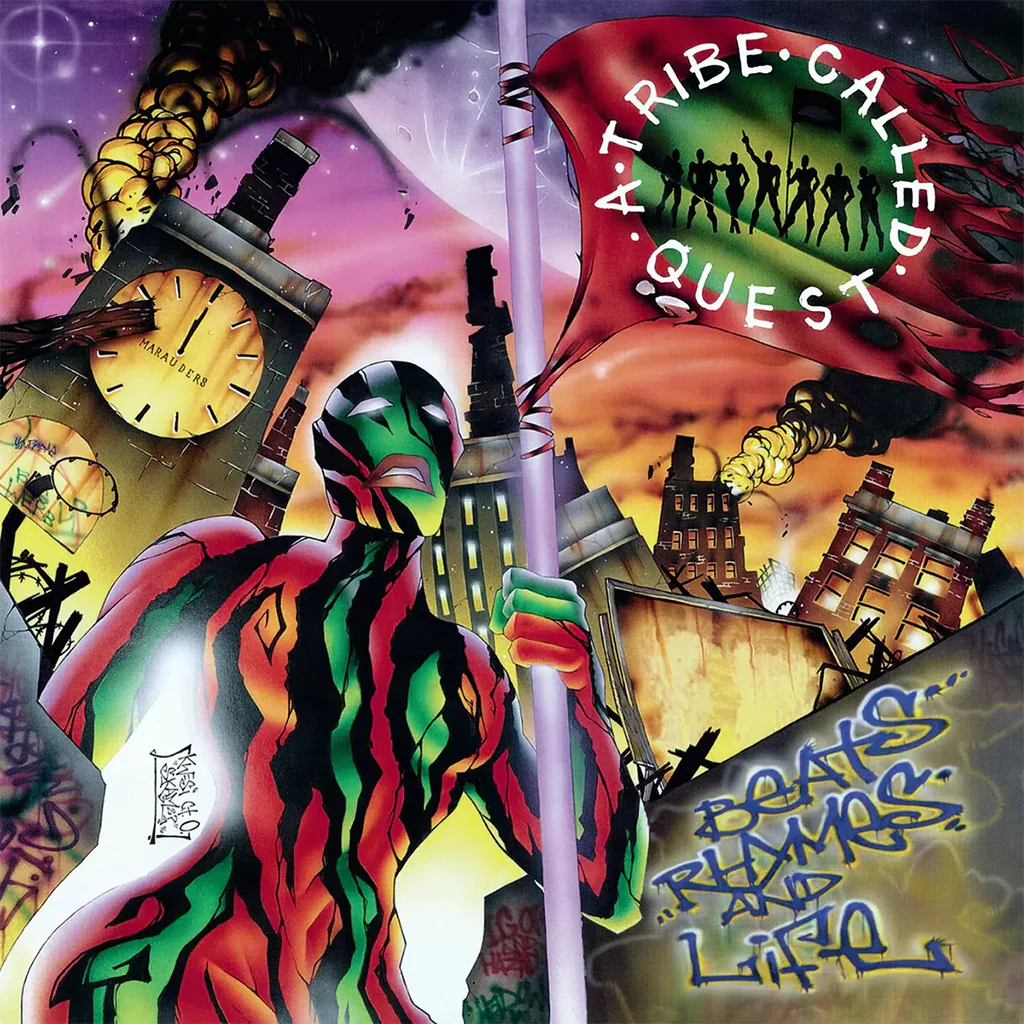Quasimoto's The Unseen is one of the most imaginative albums of the new West Coast underground, a puzzling, psychedelic jazz-rap gem riddled with warped humor and fractured musical genius. Producer Madlib actually outdoes his inventive work on the Lootpack's debut album, Soundpieces: Da Antidote!, crafting deep, dreamy jazz loops littered with found sounds and wiggy vocal samples. Quasimoto's helium-huffing voice is actually Madlib's, electronically altered for an effect not unlike Prince's abandoned Camille project. It might put some listeners off as gimmicky, and it's really a shame if it does, because it isn't really the focal point of The Unseen's left-field brilliance. It's more of an added textural element for Madlib's off-kilter soundscapes and a vehicle for the cartoonish humor hinted at in his choice of samples. The lyrics are highly free-associative (that is to say, stoned beyond belief), and by turns paranoid, threatening, or hallucinatory. But it all melts into the warm, druggy haze of the music; unlike, say, the Wu-Tang Clan or Dr. Octagon, this dream isn't supposed to be a nightmare. Quas' scattershot flow isn't what you'd call technically accomplished, but that's by design - he's supposed to be fragmented, not quite all there. The song structures are similarly loose, with rhymes coming from nowhere and disappearing just as quickly; the tracks are short (all under four minutes) and end abruptly, as though Quas is too blunted to think of anything else to say. (Madlib does appear as himself on occasion, and usually sounds just as noncommittal as his "collaborator.") Highlights are plentiful, and include the brilliant singles "Microphone Mathematics" and "Come on Feet," the bizarre trash-talking of "Bad Character" and "Put a Curse on You," and the joy-of-music cuts "Return of the Loop Digga" and "Jazz Cats, Pt. 1," which recount Madlib's obsession with record collecting and name-check his favorites. It takes some time to assimilate, but The Unseen gradually reveals itself as one of the most unique and rewarding albums of its era.
- Steve Huey - allmusic.com
